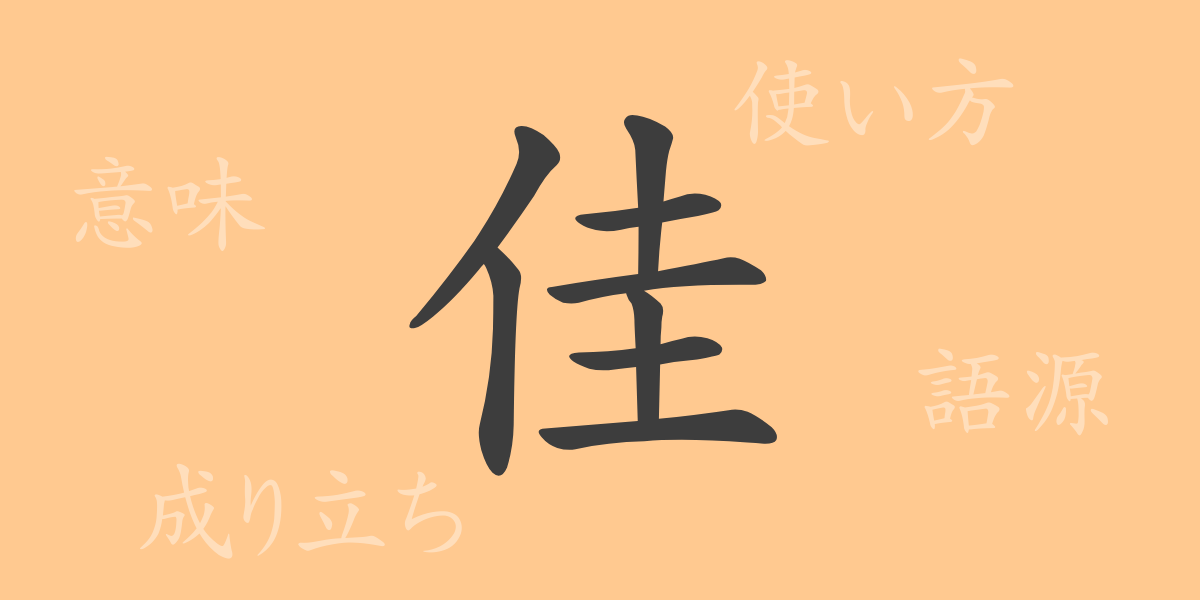”
In the rich tapestry of Japanese expression, kanji plays a critical role in conveying emotions and landscapes with both delicacy and strength. Among them, the kanji “”佳”” symbolizes beauty and excellence, breathing life into Japanese culture and language. This article delves into the allure of the kanji “”佳”” (Ka), exploring its origins, meanings, usage, and the idioms that feature it.
The Origins (Etymology) of 佳
The kanji “”佳”” (Ka) has its roots in ancient China. Its form is a combination of “”家”” (Ie), which represents a house or home, and “”圭”” (Kei), which denotes sound. This combination originally depicted a well-ordered dwelling and has come to acquire positive connotations such as “”good”” and “”beautiful.””
The Meaning and Usage of 佳
“”佳”” (Ka) conveys meanings like “”good,”” “”beautiful,”” and “”excellent,”” and is primarily used to describe positive situations. It is often used to express the excellence of a person’s appearance, natural scenery, or circumstances. It is also used to denote favorable seasons or times, as seen in phrases like “”佳日”” (かじつ) for a fine day or “”佳期”” (かき) for a good season.
How to Read 佳, Stroke Count, and Radical
The kanji “”佳”” (Ka) is a familiar character in Japan’s list of commonly used kanji, and understanding its pronunciation and structure is important for learning Japanese.
- Pronunciation: Onyomi (Chinese reading) is “”か”” (Ka), no Kunyomi (Japanese reading)
- Stroke Count: A total of 8 strokes
- Radical: 人 (Hito/Ninnbenn), meaning person
Idioms, Phrases, and Proverbs Using 佳 and Their Meanings
There are many idioms, phrases, and proverbs that include “”佳”” (Ka) in the Japanese language, each with cultural significance and profound meanings. For example, “”佳人薄命”” (Kajinhakumei) laments the fate of beautiful people who have unfortunate destinies. “”時期佳良”” (Jikikaryou) expresses that the timing is good, while “”佳作”” (Kasaku) means a high-quality and excellent work. These expressions can be found in everyday conversation and in literary works.
Conclusion on 佳
The kanji “”佳”” (Ka) reflects the sensitivity and aesthetic consciousness of Japanese culture through its form and meaning. It appears in idioms and proverbs used in daily life, demonstrating its multifaceted value. What can be discerned from this single character is the Japanese spirit of praising the good and pursuing beauty. It is our hope to continue cherishing the beautiful image of “”佳”” (Ka) and to weave culture through words.
Note: The translations provided aim to maintain SEO relevance for an English-speaking audience, incorporating the original kanji and their readings in parentheses, as requested.”

























